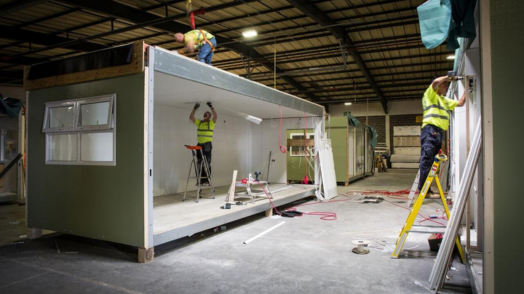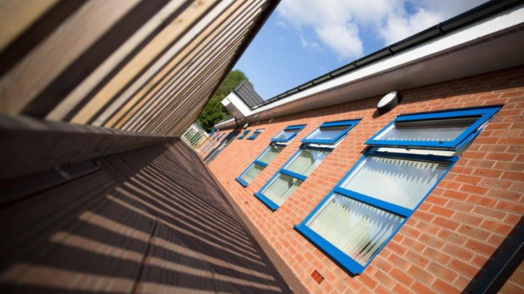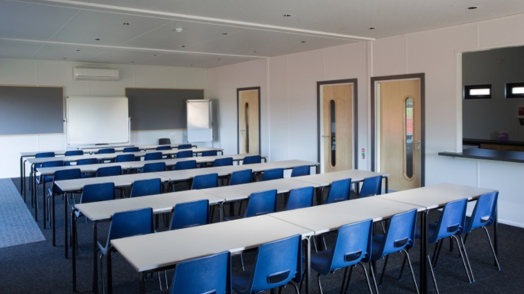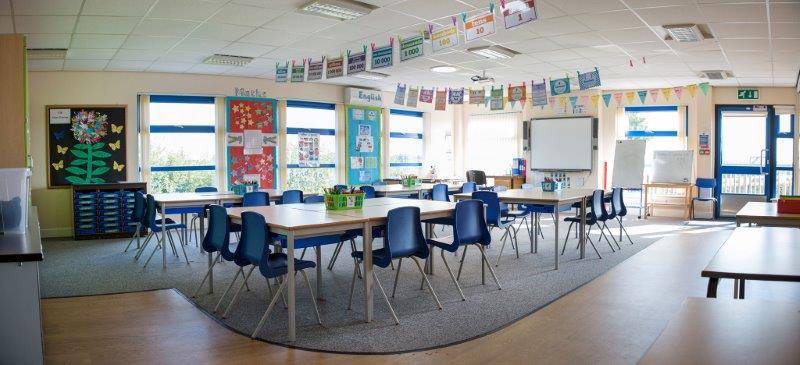Contact our friendly team for more information on our full range of buildings and how to start the process of hiring or buying a modular building for your business. Our expert team is always available to give advice, guidance or support.
Published: 9 November 2018 in Industry News
Are We Turning To Offsite Construction Methods Often Enough?

Offsite construction is a relatively new technique in the mainstream construction sector, offsite methods have changed the way in which developers approach their builds. The methods used by offsite constructors are hailed by those in the industry due to the fact they swiftly reduce onsite construction time which in turn is better for the environment. It seems a foregone conclusion then, that offsite construction would take centre stage in its sector, but this has not been the case.
A prime example of this has been seen in a recent report published by the London-based think tank Centre for London, which took to exploring the potential benefits of using offsite construction methods as a way to help reduce the pressure of the London housing crisis. Here we will look at how the report highlights why the industry may not be turning to offsite construction methods as often as it should.
The report: ‘Realising the potential of Modern Methods of construction’
Conducting a deeper investigation into how the speed of delivering houses could be increased if the sector was to use offsite construction and manufacturing, the report delves into the applications of such methods. Although we may not construct homes, Springfield is a veteran in the offsite construction market, with over 40 years of experience in the industry. We have a wealth of experience in producing modular developments at a quick turn around in our ISO-approved factory.
This report however, also explored with a wider context of the industry.
It revealed that 33% of the construction of buildings workforce is made up of EU-born workers, in addition to forcasting that 12% of the current workforce is set to leave the sector within the next nine years. Looking at the intake of the younger generation also revealed the number of apprenticeships in construction, planning and the built environment in London has declined by 50% in the five years to 2016.
For the construction workforce, the data presented by this report highlights a wilting future. The report advised that offsite methods be used to shift the workload from construction sites to more controlled factories. But this begs the question, how can we turn to offsite methods if there is not an existent workforce to make the transition?
Are there enough workers skilled in offsite methods?
This bleak outlook does not however expand to Springfield. Our unique service provides an unrivalled level of customisation which is emulated particularly by the variety of building finishes we offer. The Springfield workforce includes a fantastic relationship between our inhouse design and manufacturing teams. Clients have the option to customise all manner of elements, from a building’s windows and roofing, to external cladding and internal finishes. Our highly skilled team provide an exceptional level of quality for all builds and are a credit to the Springfield name.
However, this isn’t the same throughout the sector and the report published by Centre For London was not the only body of work to highlight industry shortcomings. Earlier in the year the Royal Institution of Charted Surveyors released a statement urging the Government to embrace offsite methods, as well as recommending up-skilling the existing workforce. Both pieces demonstrate a clear calling for offsite construction methods to be applied to aid the social infrastructure of the UK, especially if used to help ease the housing crisis. A greater investment should be made in to the construction workforce to help establish offsite techniques as the primary method throughout the industry.
To find out more about the sectors in which we do provide high-quality prefabricated buildings, check out our website or call us on 01744 851958.









